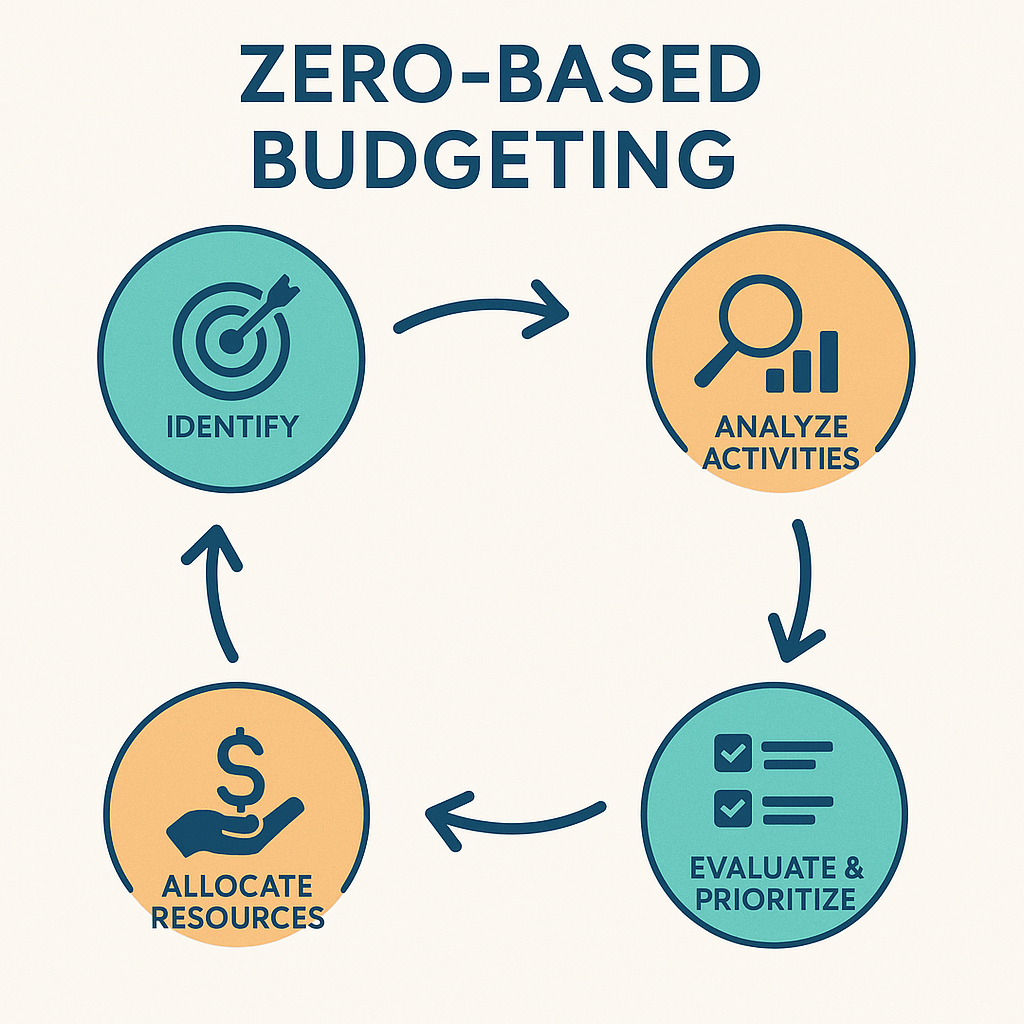
Zero Based Budgeting and Sutton Schools
I’m against an override for the Sutton Schools. And some people might ask the question – how can you support quality programs for students while also being against an override?
Fundamentally we need to measure and quantify each one of our expenses so that they can be justified OR removed if there’s not data to support the spending decision. This is as true for our Spectrum Internet Bill ($21,000) or, our Backup Renewal ($13,500), as it is for our copier paper ($5,000). One approach that can help accomplish this is something called Zero Based Budgeting.
Zero Based Budgeting (ZBB) is an approach whereby every spending line item must be justified from scratch e.g.: 0 and NOT simply carried over from a prior year with incremental increases. In the above examples – of course we need internet, but are we getting the best deal on internet? Can we sign up for a multi-year contract and spread the cost out over multiple fiscal years? Are we fully utilizing our backup renewal (whatever that is..) can we consolidate our Google Drive Backup ($4,250) into this – thus saving $4,250 per year which can get allocated elsewhere – specifically to learning outcomes for example!
Taxpayers are not a piggy bank to be emptied when we need more money. Because our taxpayer dollars are scarce, Zero Based Budgeting allows us to scrutinize expenses and using quantifiable data – justify the same expenditure or an increase in an expenditure each fiscal year. This is different than the alternative which is to simply carry the cost over to the next fiscal year and assume a % increase.
ZBB helps in building transparency and transparency builds trust – as a district beholden to taxpayers it’s absolutely critical that we justify where and why every single dollar is being spent. Adopting a zero based budgeting approach helps ensure that every dollar in the school budget is tied to either 1. A learning outcome, or 2. An operational efficiency. We need a school budget that is driven by data and Zero Based Budgeting helps accomplish this.
Below is a video cut from my forum answers and helps emphasize my thinking around dealing with tight budgets: